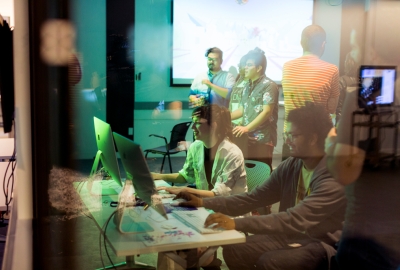We explore the performance of French identity through the lens of food to unpack how gender, race, socioeconomic status, and immigration clash with the espoused French national ideal of “Liberté, Egalité, Fraternité”. Through visits to markets, restaurants, bakeries, wholesale and retail outlets, farms, and cooperatives, we explore the material culture that makes possible acquiescence and resistance to these ideas of identity and ultimately will discover the limits and possibilities implicit in our own personal ideals.
Course #
FOOD-GE 2253
Credits
3
Department
Nutrition and Food Studies


